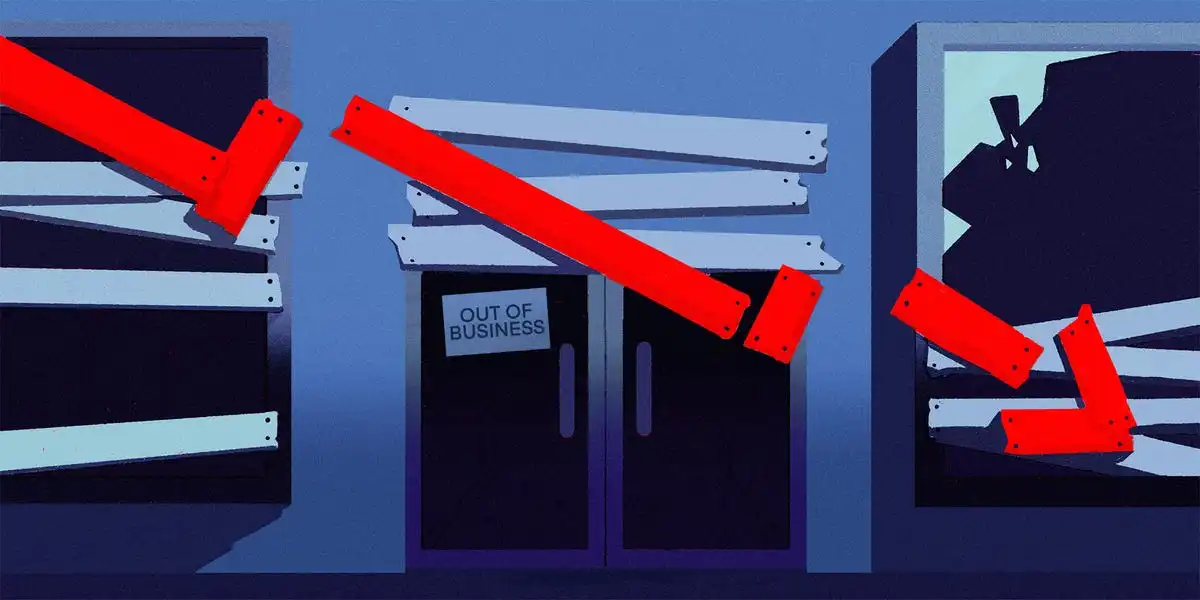The hidden culprit driving America’s apocalypse of boarded-up storefronts is the banks
The hidden culprit driving America’s apocalypse of boarded-up storefronts is the banks

www.businessinsider.com
The hidden culprit driving America’s apocalypse of boarded-up storefronts

